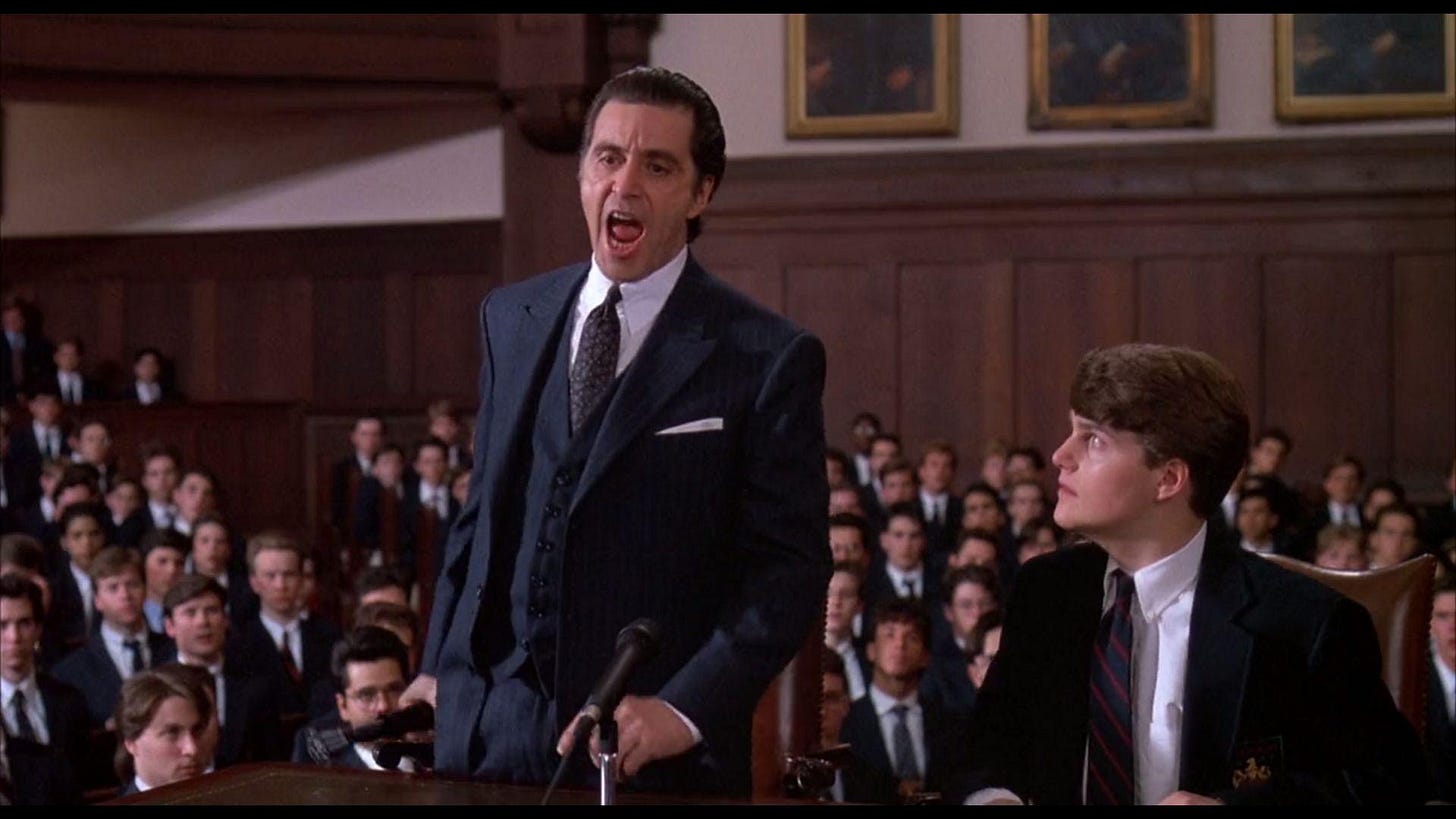When the Bow Breaks, The Cradle Will Fall | The Embassy Part VI
On university bans, attacks on freedom of expression, and the pressure to keep your head down
How long can universities across the West remain places for free expression and the free exchange of ideas, when students who are expressing their political opinions and protesting peacefully are increasingly subjected to or threatened with police brutality, expulsion, deportation, and/or shut out from their career fields? I explore my thoughts on the risks of expressing yourself and the continuous pressures that are put on you not to. Paid subscribers can find the continuation of my story The Embassy, which revolves around topics like these, at the bottom of this post.
On Thursday, the Trump administration banned all international students from attending Harvard University, telling them to find another school or leave the country. Yesterday a federal judge blocked the order, and it remains unclear how the situation is going to develop the coming weeks.
While many universities are far from the bastions of independent thought and unbiased scientific inquiry that they are made out to be, especially with them becoming increasingly managerial and bureaucratic over the past couple of decades, they are still supposed to be places where different ideas can be expressed and new answers found for humanity’s many questions. Once that is lost, I would argue that their function is reduced to that of a job mill, which aims to train a workforce with sufficient critical thinking skills to do their jobs but not so much that they would ever meaningfully question or challenge the system that they will become a part of.

Of course, one can make a compelling argument for that already being the case to some extent, and some would argue that creating an obedient workforce has been the purpose of institutionalized education from its inception. The other side of that is that for a complex society to function, its citizens need to possess certain knowledge and skills, and they need to live in some kind of shared reality in order to avoid...well, the dysfunction we are currently seeing, I guess.
In any case, the free expression of ideas without fear of reprisals is the main cornerstone of a free society, whether it is on university grounds or in a public square, and should therefore be defended and protected. I know from experience that speaking the truth is not something that tends to be appreciated. But is there any other way to continue to grow as a person, or to advance as a society, than to acknowledge those painful truths that are hurting us? I have argued before that defending our and others’ freedom is our duty as citizens and human beings, but it is also very much in our own self-interest. Because when we do not protect the freedoms of others, it is only a matter of time before our own are also in jeopardy.
Far be it for me, though, to tell someone at risk of deportation or of losing their scholarship to risk it all by expressing themselves. Those kinds of risks are why I have nothing but admiration for those who decide to speak out in the name of the very values our society is supposedly based on. There are many people who would be risking far less yet choose to remain silent. Is the protection of our freedoms not a responsibility we all share? If we decide to do nothing when the rights of our fellow citizens, of our fellow humans, are violated, how long before our own are endangered? Yet how much of my ability to provide for yourself or to realize your own dreams should you risk in the process?
These kinds of considerations are a routine part of my work as a writer. You can be assured that whenever you express something of substance, something that matters, you risk offending someone, somewhere, for some reason. So you better make sure that you stand behind what you say and that an idea is worth the trouble of expressing it.
So you better make sure that you stand behind what you say and that an idea is worth the trouble of expressing it.
Yet I know all too well how our dependence on our jobs can instill us with a kind of fear. A big part of that is of course because our own livelihood directly depends on it. But there is another, more insidious aspect, one that sneaks its way into how we view the world and how we dare to express ourselves. Some are more vulnerable to this than others, but I think that most of us can recognize that twinge of doubt you feel when you’re about to do or say something that might offend your employer or hurt your business. After all, why risk your career prospects by making a stand that you can never be sure will achieve anything? I am no stranger to these kinds of thoughts either, and can tell you that they seem enticingly rational.
But when is the time to make a stand? What clear and undeniable situation of injustice would lead me to take that risk? You know, like in the movies when people are being oppressed or the government decides to grab more power. Of course, I would take the risk in that situation, you say to yourself, but this situation is not like that. And in a way I’m right, because this time it is my own job, my own safety, my own loved ones whose fate you are putting on the line. Besides, things are not that bad.
But that kind of reasoning ignores the fact that hatred of Jews did not suddenly spring into being when Hitler grabbed power, or that the current attacks on freedom of expression did not start with Donald Trump. It was a gradual process, a sliding scale of ever-worsening circumstances that came increasingly difficult to reverse the further along it progressed.
Standing up for what is right is never easy. There is always a risk. How much and what you are willing to risk is up to you, and no one can or should ever tell you how far you should go, but the real question to consider is not so much how much you should be risking by acting, but how much you are risking by not acting. Because if too many of us decide not to risk anything, we risk losing everything.
✋Below these lines you’ll find Part IV of The Embassy. The previous parts of the story can be found here:
Keep reading with a 7-day free trial
Subscribe to Critical Consent by Robert Urbaschek to keep reading this post and get 7 days of free access to the full post archives.









